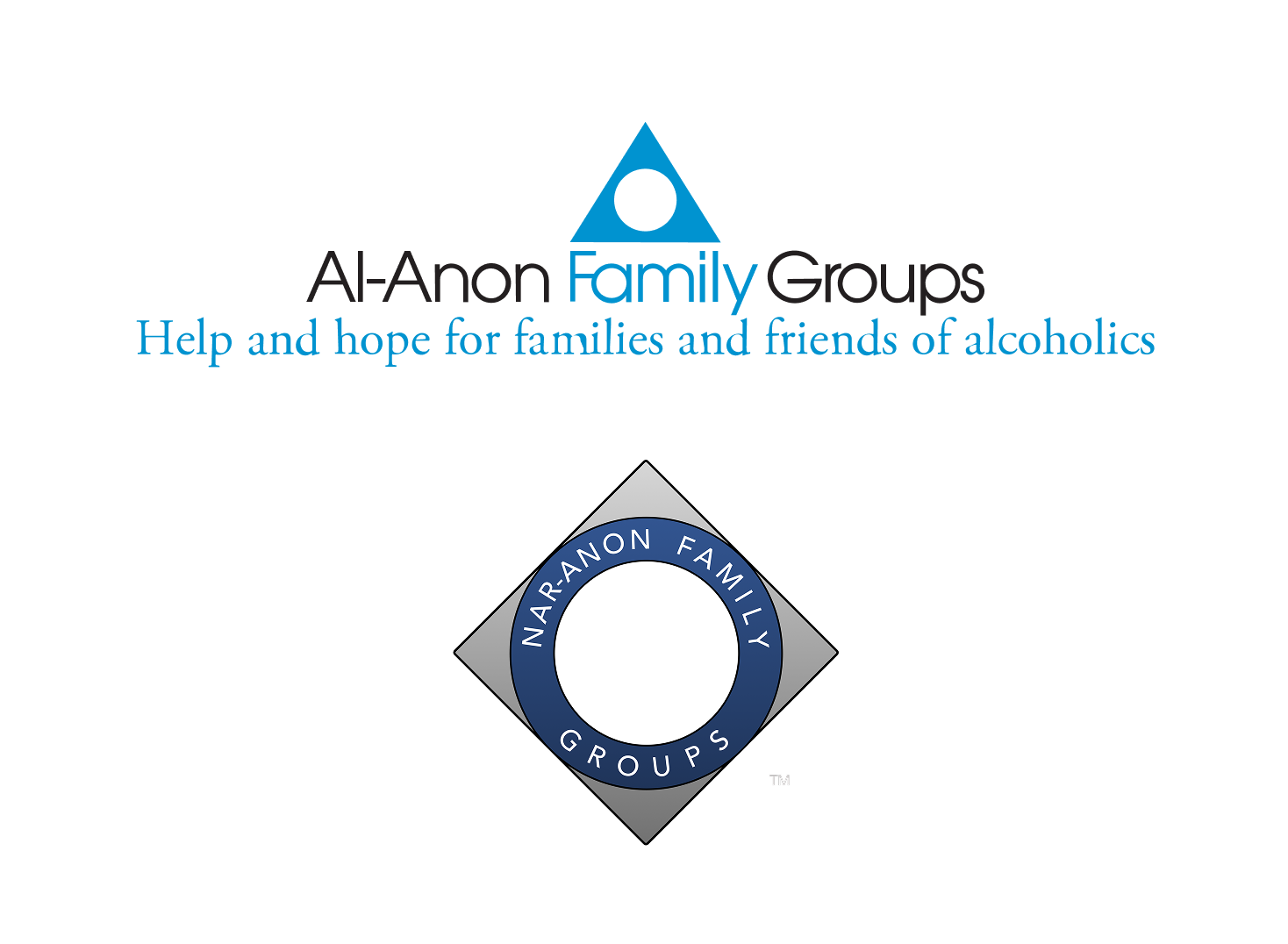Find Professional Treatment
When you feel ready to suggest help to your addicted loved one, find the right help. The science shows that professional treatment increases the chances for addiction recovery and a new life for your loved one. Professionals were critical in helping guide me and my family through difficult situations and absolutely were instrumental in saving my son’s life.
Finding the right treatment is a three-step process:
STEP 1
What type of treatment does my loved one need?
Does my loved one need detox, mental health services, residential or outpatient treatment? Answer these 10 simple questions and find out – takes 3 minutes.
STEP 2
How do I find professional treatment providers?
After determining the right treatment type, use the locator link below to find provider options.
STEP 3
How do I pick the best treatment provider?
Once you have a list of possible provider options, call or email each provider and ask them targeted questions to determine the best fit for your loved one. “The 8 Essential Questions to Ask Providers” will guide you to find the best one
An Effective and FREE Treatment Alternative –Alcoholics Anonymous
Professional addiction treatment is not for everyone. One of the great and highly available FREE resources is Alcoholics Anonymous (AA). Millions of people around the world, including many adolescents and young adults, are in recovery and living happy and connected lives because of AA. AA has scientific proof that it works.
A simple recommendation for your loved one is to attend 90 AA meetings in 90 days.
Many people who actually complete the 90 meetings in 90 days feel that their lives have changed forever. Encourage your loved one to find a meeting they are willing to attend. There are in-person meetings in nearly every community all over the world and there are meetings online.
Narcotics Anonymous (NA) was created using the same principles as AA but caters to those addicted to drugs (AA also helps people with drug addictions) and so the choice of AA or NA is a personal preference.
Family Resources
A FREE RESOURCE
Smart Recovery for Families
Find and attend a Smart Recovery for Families meeting. These online and in-person meetings use many of the evidence-based CRAFT principles to support and educate family members about addiction and improving communication with your addicted loved one. Find a meeting that works for you.
A FREE RESOURCE
“My Child & Addiction” Podcast Series
Download and listen to this highly rated and groundbreaking podcast series. “My Child & Addiction” features experienced caregivers openly sharing and discussing their failures, their fears, and things they have tried that helped themselves and their addicted loved one. Each podcast also has a professional clinician as part of the conversation adding their professional expertise. The series covers many of the most important topics affecting caregivers of an addicted loved one.
A FREE RESOURCE
Al-Anon
Find and attend an Al-Anon meeting. Al-Anon is a mutual self-help organization but does not teach CRAFT principles. Al-Anon is the largest global institution for supporting family members dealing with a loved one’s addiction to alcohol or drugs. The meetings are available in person and on zoom. For those who want specific support for a loved one with drug addiction, Nar-Anon is a similar organization based on the same principles.



